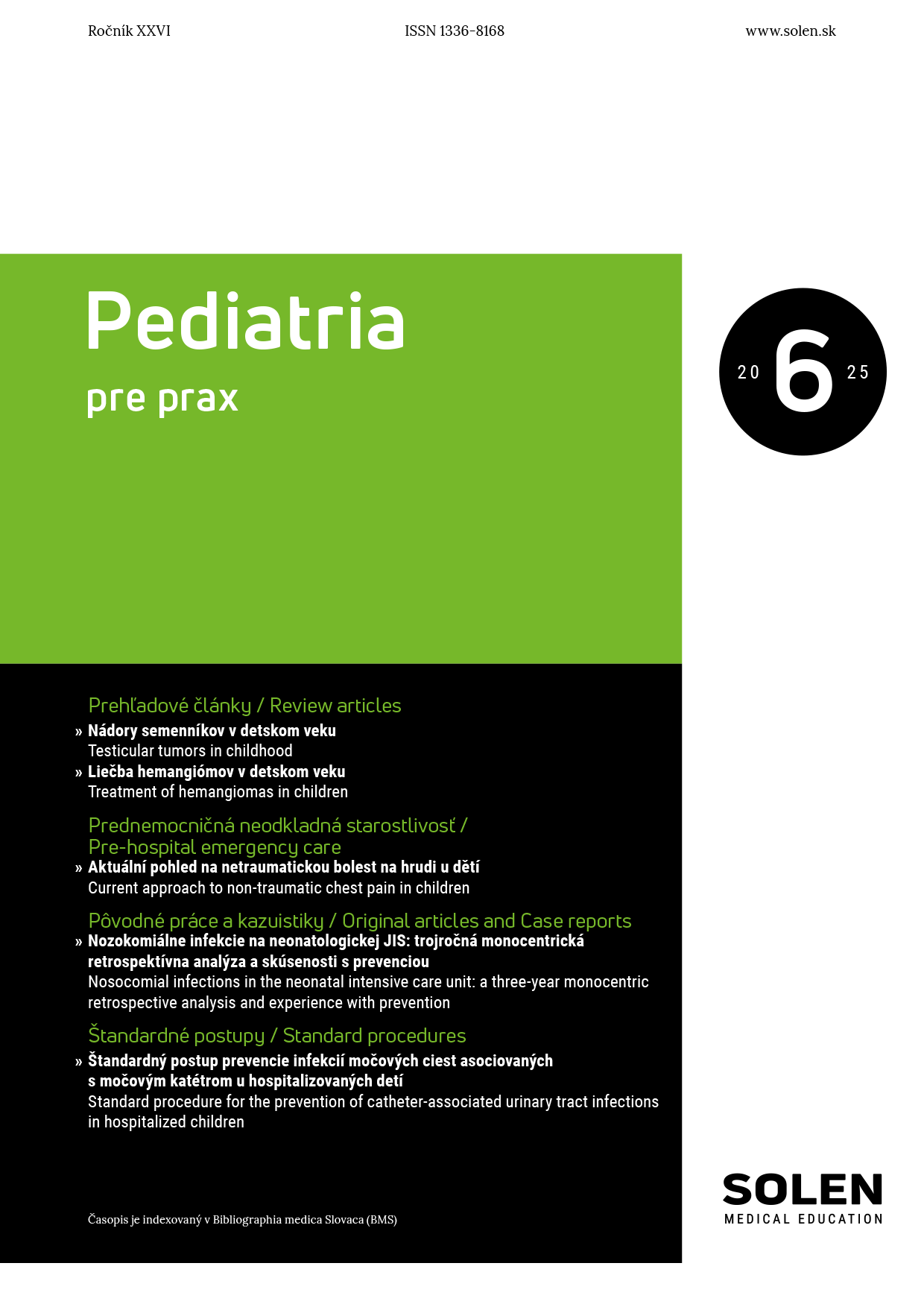Psychiatria pre prax 3/2023
Omega-3 and details of their mechanism of action in relation to cytokines and markers of inflammation in affective disorders
Eicosapentaenoic acid (EPA) and docosahexaenoic acid (DHA) are polyunsaturated essential fatty acids that get in the body of mammals exclusively from the outside sources due to their natural inability to synthesize these substances themselves. Their role promotes them into something like „nutraceuticals“, i.e. substances commonly present in the normal human diet. Direct influence on the functioning of cells of the immune system, but also other mechanisms in cell membrane metabolism, gene transcription and influence on the intestinal microflora are processes that participate in their pharmacologically definable anti-inflammatory and protective properties. Their antidepressant efficacy, proven by prospective and randomized studies, is directly or indirectly linked to these properties. Conversely, it is possible to demonstrate the simultaneous occurrence of inflammatory factors, characteristic changes in the metabolic profile and low omega-3 levels in depressive disorders.
Keywords: EPA, DHA, immune system, inflammatory markers, cytokines, macrophages, excitotoxicity, gut microbiota, metabolic profile, depressive disorder

















